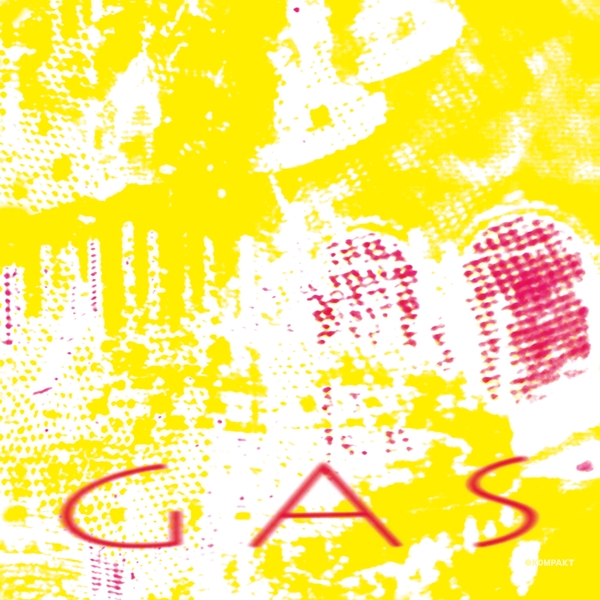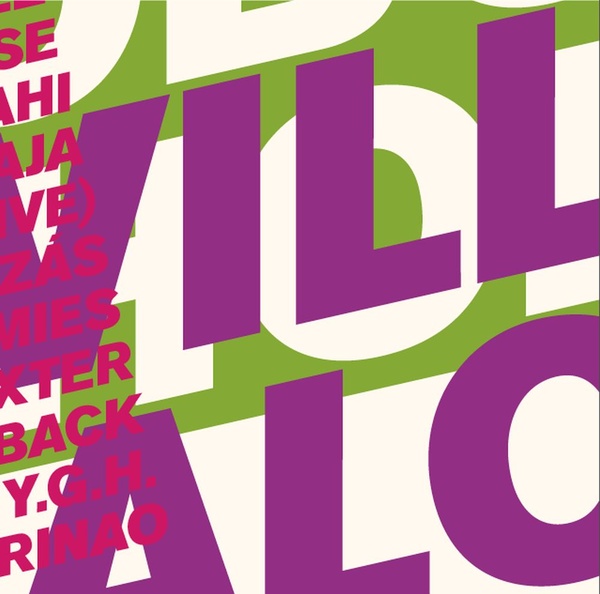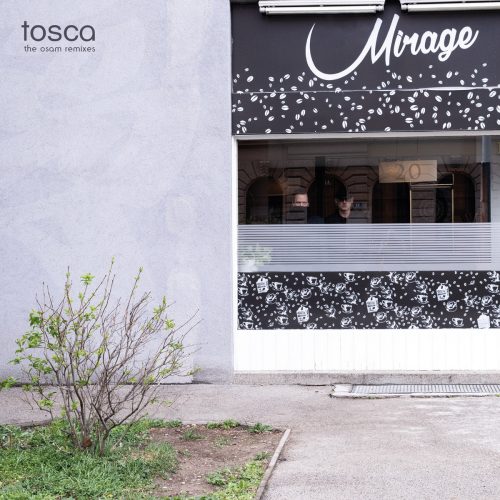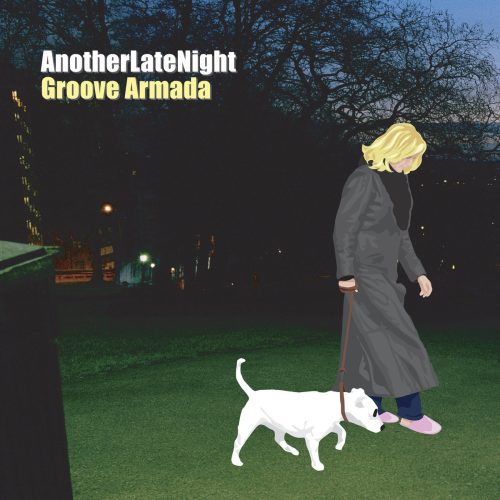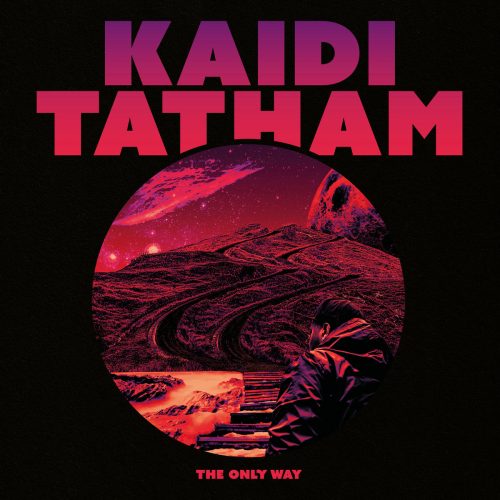Gas
Label: Kompakt
Genre: Ambient, Electronic, Highlights, Record of the Week, Techno
$72.99
Out of stock
Audiopile Review: Our Record of the Week is the self-titled 1996 debut from Wolfgang Voigt’s Gas project. Finally reissued by Voigt’s Kompakt label as a deluxe 3LP set, this is an essential part of any serious electronic music fan’s record collection. The Gas discography is a cornerstone of both dub techno and ambient music. But the way Voigt transforms quintessentially Germanic samples into an opaque sonic fog does not fit tidily into either of those categories. Gas is a unique concept, and the realization is utterly beguiling. It’s a serious attempt to reconcile Germany, Austria, and Switzerland’s techno present with their cultural and natural history. In his new book, Futuromania (which we stock), Simon Reynolds ties the project to a longer history of central European romanticism. Gas brings the discotheque into the forests and up onto the mountaintops. It’s a vision of artists and radicals disappearing into the identity-dissolving freedom of nature and music. This is a very different view of Germanic culture from the one that’s been pushed on us by the supposed defenders of ‘European values’. But it’s one with deep roots. Recently, Kompakt has done a truly phenomenal job of reissuing the classic Gas albums originally released by legendary glitch imprint Mille Plateaux between 1997 and 2000. And yes, we have new pressings of ‘Zauberberg’, ‘Königsforst’, and ‘Pop’ in stock this week. The self-titled debut has previously remained out of print. This might lead you to think ‘Gas’ is a lesser work or off-brand piece of juvenilia. It is, in fact, nothing of the sort. Sure, it’s rawer than the later albums and the techno element is less submerged, but all the pieces are beautifully in place. Arguably, it’s an overture to the whole Gas project, mixing the intoxicating density of ‘Zauberberg’ and ‘Königsforst’ with the sunnier bliss of ‘Pop’. The way Voigt weaves stretched-out vocal samples into a heavenly choral sound is particularly affecting. If other Gas LPs concentrate on the deep, dark forest, this one sounds like clean alpine air. The view goes on forever. It’s beautiful up here. Seriously, seriously beautiful. Which is as good a way as any of summing up the whole Gas project.
Triple LP version. Kompakt presents, finally, a reissue of the first, self-titled GAS album. Originally released on electronica imprint Mille Plateaux back in 1996, it’s been unavailable in its original form ever since — the version of GAS included in 2008’s Nah Und Fern box featured several different tracks. Here, however, GAS is restored in all its glory, the debut full-length from Wolfgang Voigt’s most enigmatic, quixotic project. There had, of course, been signs of what was to come. Back in 1995, Voigt essayed the first Gas release, a slender, yet remarkable four-track EP, Modern. Its center label featured a reduced symbol — an overhead or lamp light, switched on, its glow radiating outwards in four bold black lines — a perfect representation of the tight, stylized ambient electronic pop contained on that 12″. A few curious compilation tracks were floating around, too, for Mille Plateaux’s Modulation & Transformation and Electric Ladyland series. If you were attentive enough, you could tell something was up. But nothing quite prepared listeners for the languorous, effervescing loops and regular-like-clockwork beats that Voigt folded together on GAS. Its six long tracks, all untitled, neither begin nor end but hazily fade into earshot, vibrate majestically in your cochlea for fifteen-or-so minutes — some a bit shorter, some longer — and then meander away, reading the mise-en-scène for the next example of Voigt’s drift and dream logic to unfold. The material is referential in the most distant way, and you can sense only the most evanescent of ghostly presences, haunting these six compositions. GAS feels, also, like a more pliable hint at what’s to come, as the GAS concept really solidified on its successor, 1997’s Zauberberg, and reach its apotheosis on Königsforst and Pop. Those three albums share a very similar palette — blurred, hazy samples, often of classical music, stacked and cross-thatched across a muted 4/4 thud. GAS, then, is an outlier of sorts: it’s more expansive in its remit, lighter in its mood, perhaps more fleet of foot. This, of course, is part of its charm. In clearing space for Voigt, by preparing the terrain, GAS sits both at the edge of the forest, and at the verge of an expansive, wide-eyed future; one where GAS would become truly eternal. Text by Jonathan Dale.

